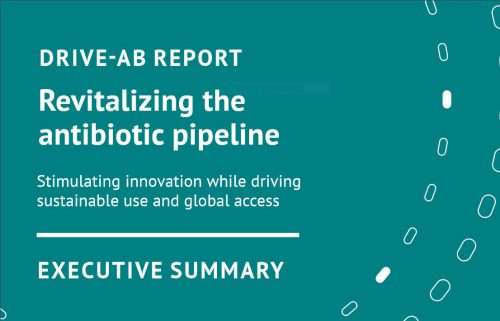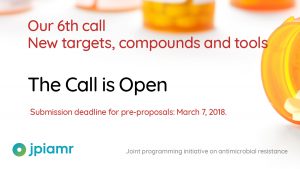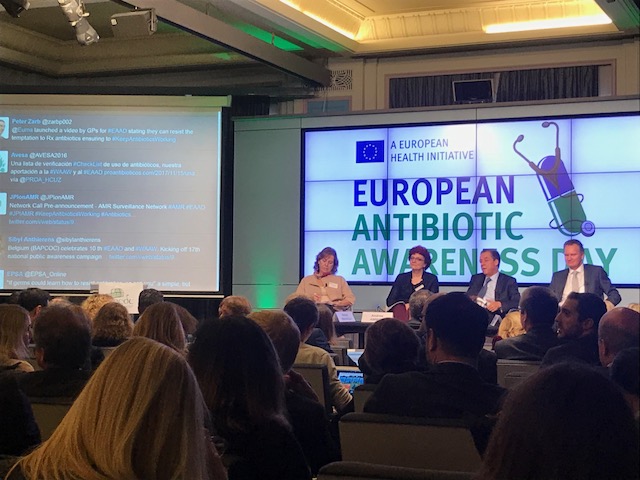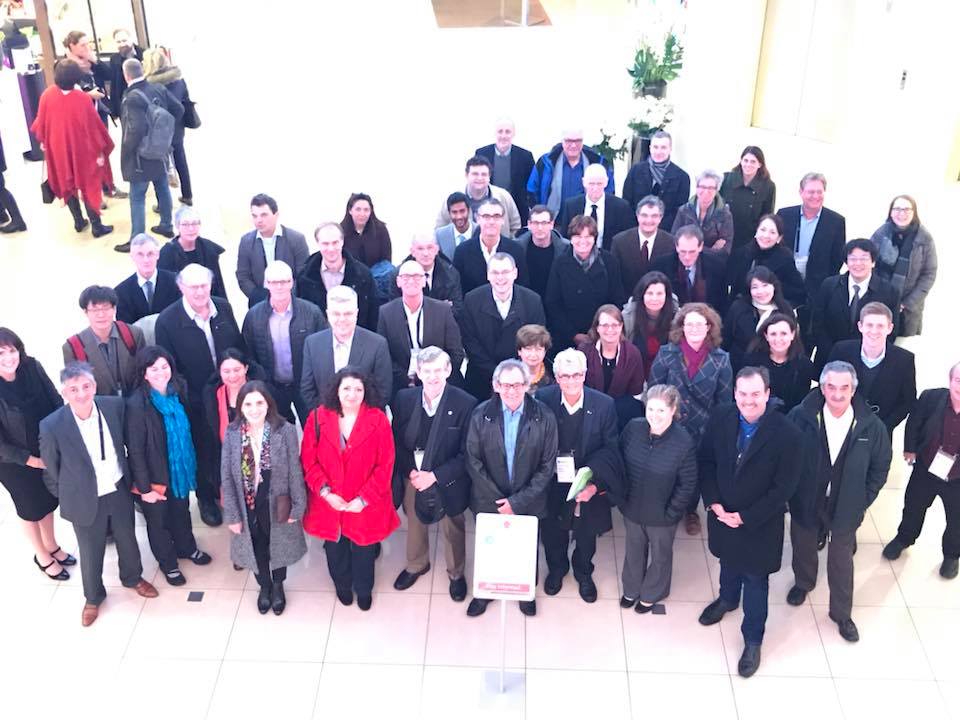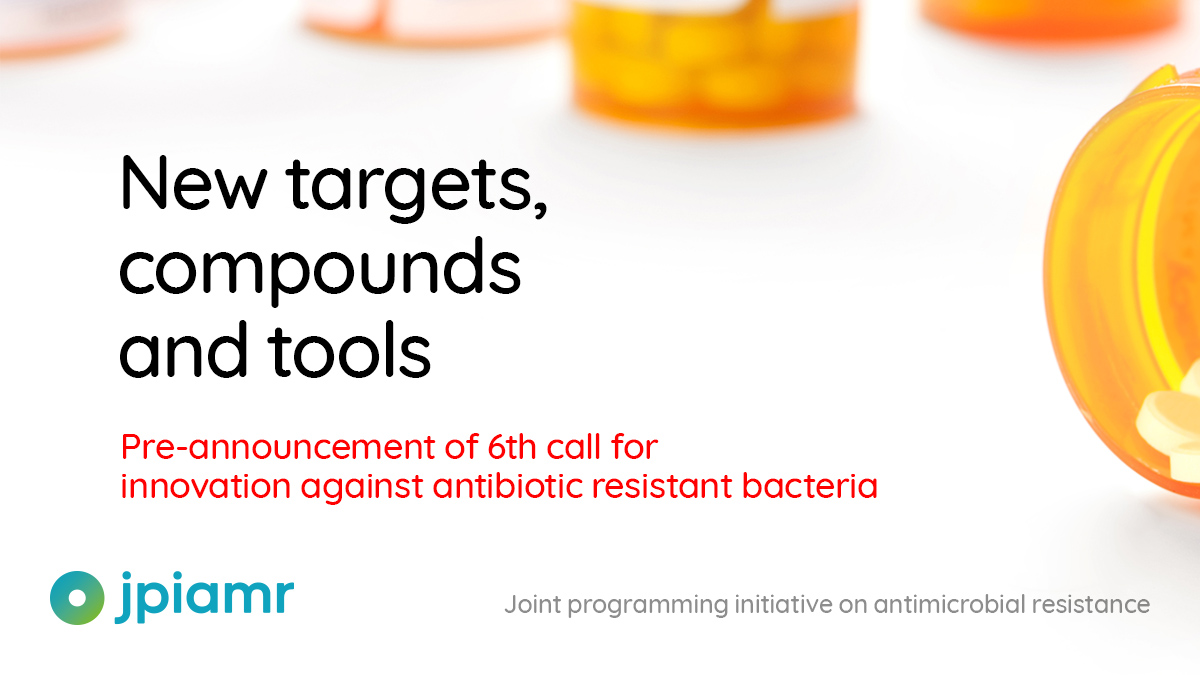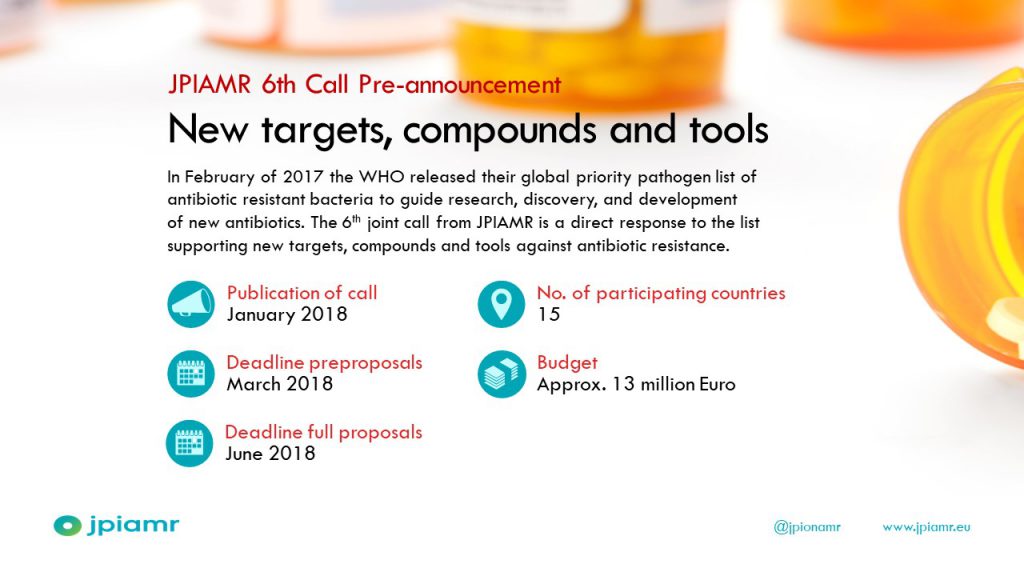In March researchers gathered in Frankfurt am Main in a final workshop, Maximising Existing and Future Research Efforts and Resource Alignment to Combat AMR, to share some of their activities and findings from research that was supported by funding within the JPIAMR call for networks. Here we present the full workshop report and filmed interviews with some of the funded networks.
The fourth JPIAMR call for networks closed on June 6, 2016. Participating countries in the network call were JPIAMR members: France, Canada, Belgium Spain, the United Kingdom, Germany, Norway, Sweden, and the Netherlands. The coordinators from the countries participating in the call created networks of researchers from many different countries and fields of research.
Major Conclusions
- The Network funding mechanism facilitated the formation of successful networks in all strategic JPIAMR areas.
- JPIAMR Network funding allowed Networks to carry out a broad range of activities with different outcomes, including white papers/position papers, conferences/workshops, systematic reviews, Standard Operating Procedures, online courses, guidance documents and journal articles, amongst others.
JPIAMR has the One Health approach as an integral part of the Strategic Research Agenda. This is one of the key strengths of JPIAMR and it is reflected in the diversity of the network topics.
The full workshop report can be downloaded here.
About the participating networks
The assembled networks had emphasis on needs at a National and International level to address AMR, within these areas:
- Guidelines on use (Human & Veterinary) – Affordable stewardship
- Surveillance in primary care
- New anti-infective/ New adjuvant therapies / Alternative approaches
- Evaluation of risk for generation of resistance in human setting
- Rapid diagnostic tests
- Role of environmental factors
- Infrastructures/Biobanks available relevant to infection and AMR
The networks spanned all of the JPIAMR pillars and were mostly multidisciplinary (spanning at least two pillars). A range of sizes of the networks were represented at the workshop.



